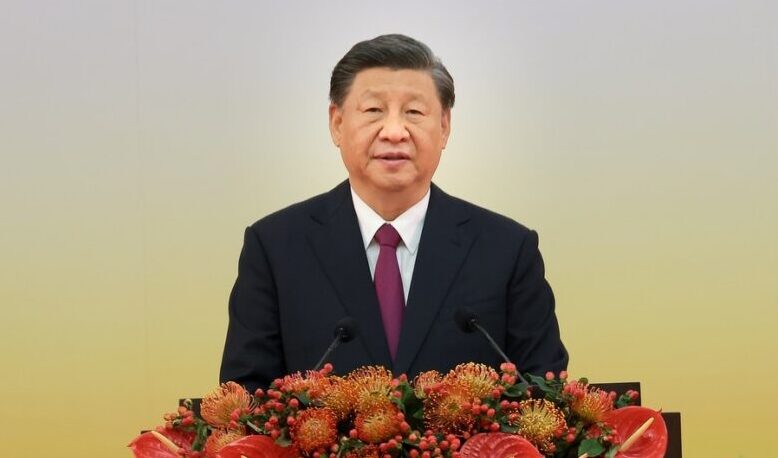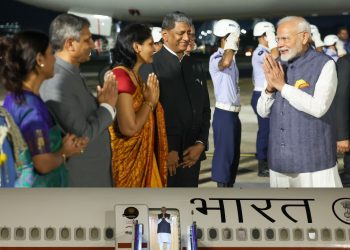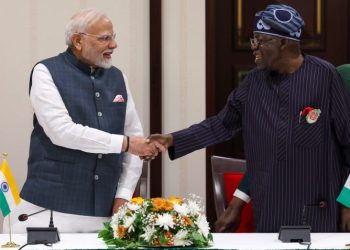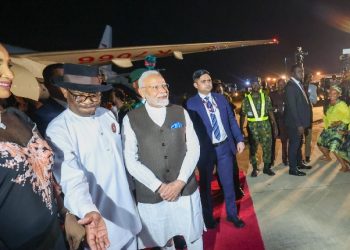New Delhi: When Chinese President Xi Jinping lands in Riyadh in the coming hours, Saudi leaders are expected to receive him with the pomp and circumstance normally reserved for the kingdoms most strategic ally, the United States, according to a media report.
The multiple-day visit will include two conferences that will gather leaders from across the Arab world. Dozens of trade, economic and military agreements – to the tune of tens of billions of dollars – will be signed, CNN reported.
Saudi leaders will infuse the trip with a dose of spectacle. Traditional sword dances are likely to be conducted at lavish receptions. The Saudi king – or his powerful Crown Prince – Mohammed bin Salman – may bestow the Chinese leader with some honours and medals. Many more extravagant expressions of friendship will pepper the diplomatic proceedings, all with a view to underscoring the deepening partnership between Beijing and Riyadh, CNN reported.
It will be reminiscent of the no-frills-spared treatment received by US President Donald Trump during his visit to Riyadh in 2017.
Xi’s red-carpet welcome will be a far cry from President Joe Biden’s trip to Riyadh this summer. An unsmiling Crown Prince Mohammed bin Salman greeted the US President with a fist-bump and then publicly embarrassed him during a televised roundtable, announcing a limited increase in oil production that fell far short of US demands.
While bin Salman uttered the decision, Saudi state television turned to a visibly exasperated Biden, who appeared to have been caught off-guard by the development, CNN reported.
Months later, Saudi Arabia doubled down by cutting oil production.
By striking a sharp contrast with Biden’s visit, the pageantry of Xi’s trip to Saudi Arabia carries an implicit message to the US. Despite Washington’s repeated pleas to its Gulf Arab allies to spurn China’s commercial carrot, the region’s relationship with Beijing continues to evolve, advancing not only in trade, but also in security.
“The first message is that this is a new Saudi Arabia. This is a new Gulf. This is a new reality,” UAE analyst and visiting senior fellow at Harvard University, Abdulkhaleq Abdulla, told CNN.
(IANS)






















